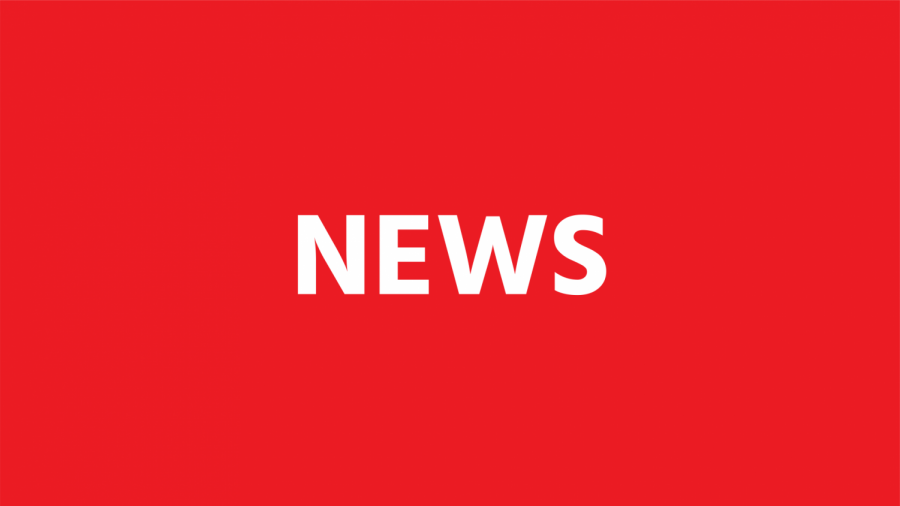President, Provost respond to list of faculty demands in special SEC meeting
July 14, 2020
At a special WKU Faculty Senate Executive Committee meeting on Monday, President Timothy Caboni and Provost Cheryl Stevens responded to a list of demands from the WKU chapter of the American Association of University Professors.
In a joint statement by the WKU chapter of the American Association of University Professors and the Senate Executive Committee, faculty demanded that the university’s administration give faculty the right to decide how their courses should be delivered this upcoming semester.
Stevens had told faculty that they should plan to teach face-to-face or hybrid classes for 70 percent of the semester. In the joint statement, faculty claimed that the administration should trust its faculty to decide what would work best for their students in the fall.
“It was never intended to be a hard and fast distribution,” Stevens said. “It was really intended to say, ‘O.K., here are some guidelines for the departments, now the department’s department heads and chairs need to talk with their faculty and see how does that work for their faculty individually.’”
Stevens said that academic departments have presented various distributions for classroom delivery.
“On average it seems to be around 30, maybe 40 percent online,” Stevens said. “I don’t know overall but the range was some departments had 20 percent face-to-face and some had 60 percent face-to-face.”
Next semester, faculty members will not be forced to teach in a particular modality, Stevens said.
“What we’re really trying to do is ensure a balance that we had a mix, a healthy mix, of face-to-face, online and hybrid,” Stevens said. “I think most of them will be hybrid.”
Caboni said that WKU’s academic departments need to find a distribution of face-to-face and online classes that is effective.
“We need a robust mix,” Caboni said. “With what that mix winds up being, we’re going to find out through the process.”
If every faculty member decides to teach their courses online, the administration would need to have a conversation with faculty because there would be “broader implications” at stake, Caboni said.
During the meeting, Caboni and Stevens stated how they felt about the recent rise of COVID-19 infections in Kentucky and across the country.
“I think we said from the beginning that we need to be flexible, nimble, and work together to the best outcome that protects the health, safety and wellbeing of everybody in the community,” Caboni said.
Caboni believes the WKU community can curb COVID-19 on campus if everyone wears a face mask in public.
“If everyone would just put a damn mask on, we could come back and protect as many people as we can,” Caboni said.
Caboni and Stevens both believe that Kentucky’s current COVID-19 situation is not as serious as the developments in California, Arizona, Texas and Florida.
Stevens said that “a lot of the flare ups that we see in the news are in Texas and California and Florida, and yes our numbers are going up, but when you compare them to some of these other states, it’s relatively insignificant, because we really are doing well in Kentucky.”
Stevens said that WKU will revisit the restart plan if Kentucky’s COVID-19 cases continue to rise.
Before the meeting was adjourned, Caboni said that he appreciated the restart plan feedback that faculty members have provided.
“We really are building something that is, from my perspective, what a shared governance process should like,” he said.













